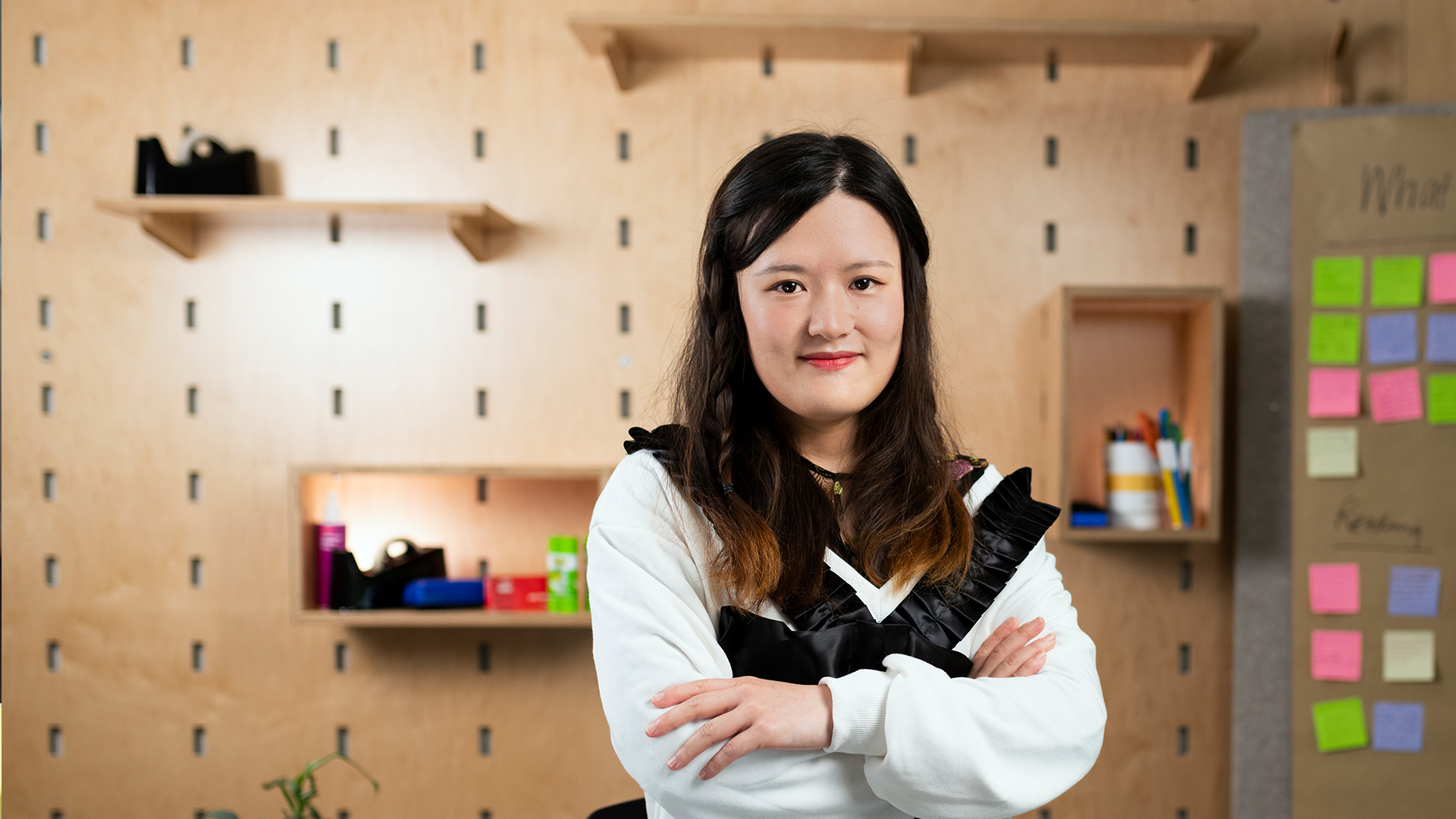Admission criteria
To be eligible, an applicant must have achieved at least one of the following minimum entry requirements and demonstrate they fulfil any essential criteria for admission. In cases where there are more eligible applicants than available places, admission will be competitive with ranks based on the entry criteria.
- A completed bachelor (AQF level 7) or bachelor honours (AQF level 8) degree or equivalent from a recognised higher education institution; OR
- A completed nested or related graduate certificate (AQF level 8) or higher or equivalent from a recognised higher education institution.
Applicants who have completed a four-year Bachelor degree in Education, or equivalent Initial Teacher Education qualifications, e.g. Graduate Diploma in Education, Master of Teaching, or a four-year Bachelor degree with studies in educational methodology and curriculum equivalent to 24 units are eligible to enter the program with 0.5 EFTSL Advanced Standing and complete the program in 1.5 years of full-time study or equivalent part-time study.
Applicants who have completed a four-year Bachelor degree in Education and 2 years of teaching experience in an Australian educational setting (early years, school, tertiary or vocational), or equivalent Initial Teacher Education qualifications, e.g. Graduate Diploma in Education, Master of Teaching and 2 years teaching experience in an Australian educational setting (early years, school, tertiary or vocational), or a four-year Bachelor degree with studies in educational methodology and curriculum equivalent to 24 units and 2 years of teaching experience in an Australian educational setting (early years, school, tertiary or vocational) are eligible to enter the program with 1.0 EFTSL Advanced Standing and complete the program in 1 year of full-time study or equivalent part-time study.
English language entry requirements
In addition, international students who speak English as an additional language must have obtained one of the following standards within the last two years prior to admission. Possession of one or more of these qualifications, in addition to the academic entry requirements, does not, in itself, guarantee a place at Adelaide University. Applications are considered on an individual basis and selection is competitive. Where previous study/work experience was conducted in English, the application must be accompanied by certified documentation from the educational institution/employer certifying that the language of instruction/employment was English.
- IELTS Overall 6.5
- IELTS Reading 6
- IELTS Listening 6
- IELTS Speaking 6
- IELTS Writing 6
Please access the following link for a comprehensive list of English language tests accepted by Adelaide University and other important information in relation to meeting the University’s language requirements:
Equivalent English qualifications










